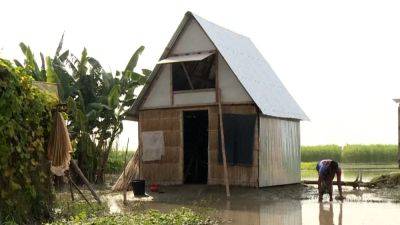AI in Bangladesh’s public policy
February 16, 2024
DHAKA – Artificial intelligence has generated a general buzz globally and cast its shadow on industries, prompting both wonder and wariness in all fields, including intellect, security and intelligence, diplomacy, and even religion. Bangladesh, as a developing nation, is not an exception to this phenomenon.
While discussions often centre on productivity and employability, public policy, a crucial component of governance, has not received as much focus. Will AI have a significant impact on its progress, or will it lead to worse things in Bangladesh when used as a tool for public policy?
In the realm of public policy, AI has the potential to revolutionise governance and address societal issues by analysing large amounts of data and finding connections and patterns that a human eye misses, allowing for more evidence-based and effective policy decisions, evaluation, and monitoring. Large machine learning (ML) algorithms can evaluate outcomes and trends, and natural language processing (NLP) algorithms can even figure out public sentiment from social media. The richness of information, both qualitative and quantitative, shapes social needs and concerns, guiding public policy with unmatched accuracy and shaping interventions that address complex policy needs.
We know that the Global North and Global South differ significantly in terms of policy efficiency, owing to factors such as strong institutions, stable governments, well-functioning governance, highly qualified workforces, and research expenditures that keep the Global North ahead of the curve in terms of policy design, implementation, monitoring, and evaluation. Meanwhile, in the Global South, where Bangladesh is, weak institutions and authoritarian







